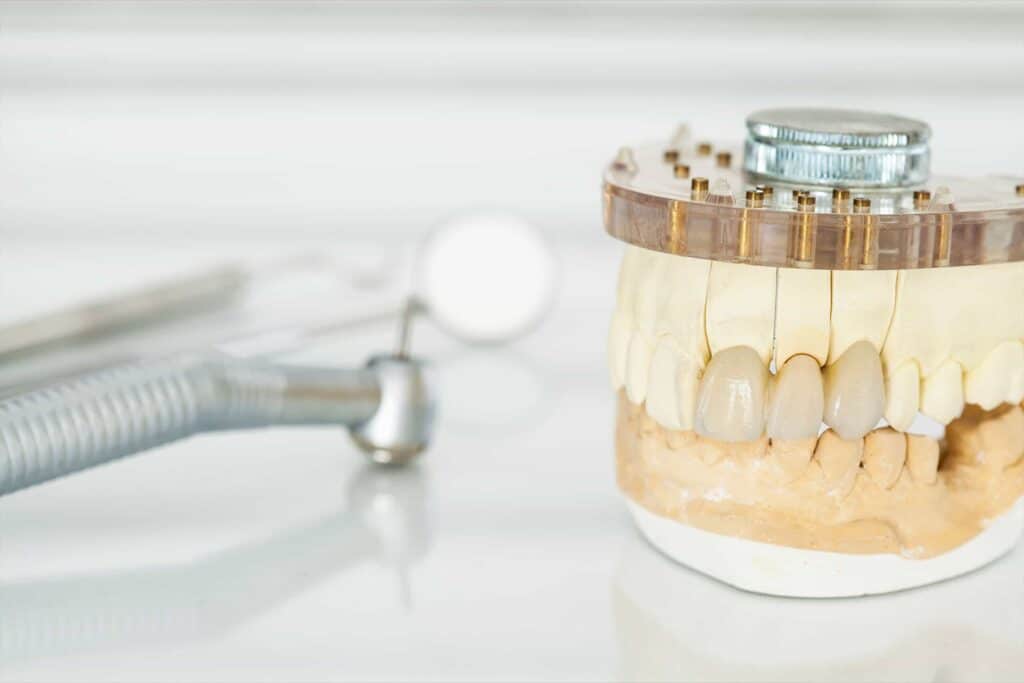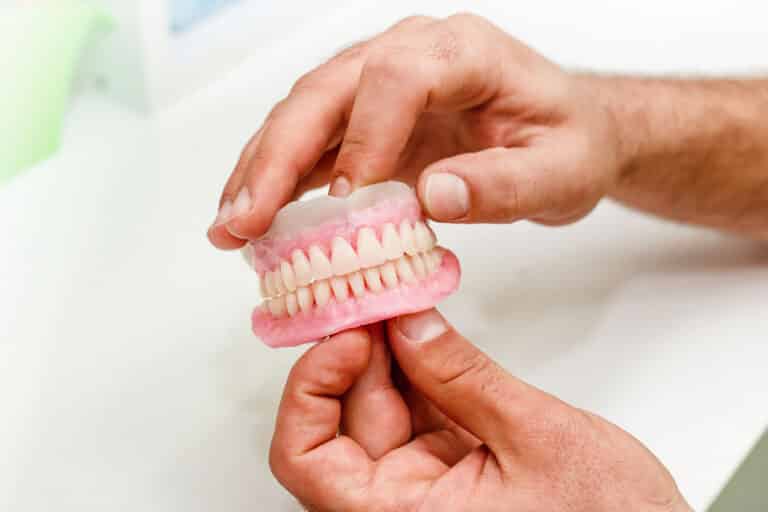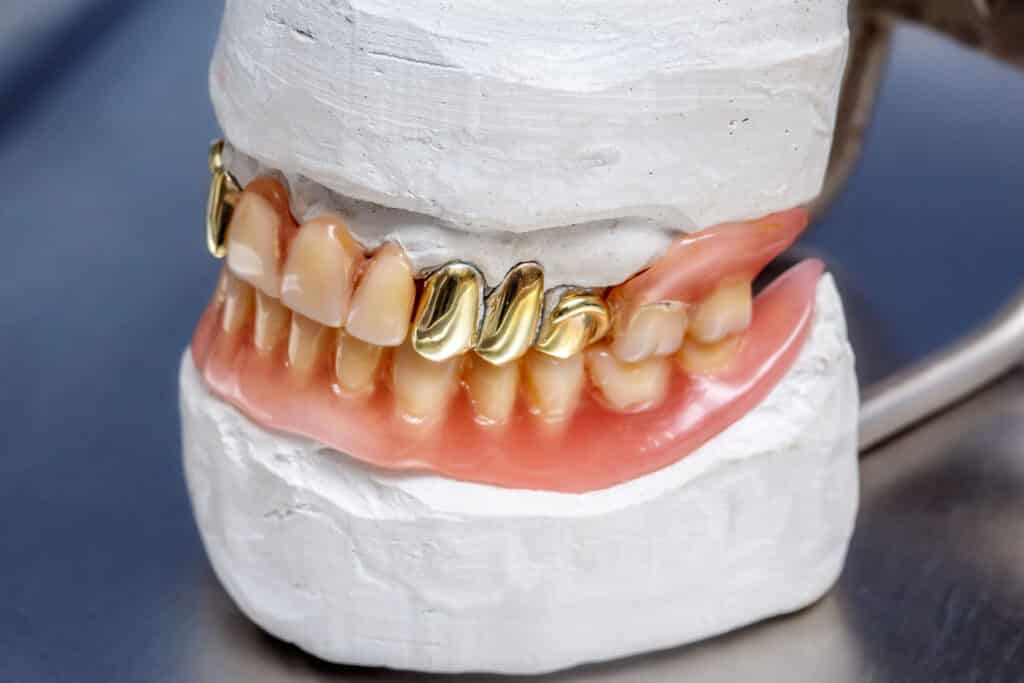Why are my Gums Bleeding?
There are many reasons why gums will bleed, however it can essentially be narrowed down to either trauma or pathology. Trauma is quite simple in the sense that if your gums get lacerated from, perhaps eating too much Captain Crunch, bleeding may occur. Pathology is also another reason gums bleed, however there are many different causes for pathology. The most common is either gingivitis and/or periodontitis. This is due to lack of proper hygiene and may require removal of tartar buildup in order to heal. Other reasons include abnormal growths, rashes, or ulcerations which are caused by a myriad of things.
Why are my Teeth Sensitive?
There are many reasons why teeth are sensitive, the four most common reasons are: recession, cavities, trauma, or iatrogenesis.
- Recession – An extremely common reason for increased sensitivity is when there is recession of the gums which expose the dentin. The dentin is the sensitive part of a tooth and when exposed to factors such as cold, can be very uncomfortable.
- Cavity– When there is decay inside of a tooth, it can get very sensitive to a number of stimuli including cold, hot, sweet and pressure.
- Trauma – Either acute or chronic trauma can also inflame the nerve causing the tooth to become sensitive
- Iatrogenesis – This means: caused due to medical intervention. However this does not always mean that it is the dentist’s fault. For example, if there is a cavity that is extremely close to a nerve and removing the cavity causes the nerve to be inflamed, then the tooth sensitivity is due to the procedure. There are also times when the dentist makes a mistake and can also cause the tooth to be sensitive, despite their best efforts.
I’m Very Nervous About Coming to the Dentist – What Can I Do?
There are many things that can be done but what will work for you will be different for someone else. For some, the anxiety can simply be assuaged with thorough communication, while others require some form of sedation. Here are a few examples of what can be done:
- Watch TV if the office has a ceiling mounted TV.
- Bring a set of headphones to listen to music, audiobook, or podcast.
- Ask as many questions as needed for you to be comfortable with and understand what’s happening.
- Get some form of sedation; which includes nitrous oxide (laughing gas), oral conscious sedation, or IV moderate sedation. There are only a few offices that offer general anesthesia, as it requires a specialist.
- Perhaps, most importantly, find a dentist who you trust.
Why Do so Many People Not Like Coming to the Dentist?
Dentistry is one of the few forms of modern medicine that with almost every procedure, the patient is conscious, awake, and aware of what’s happening. It is also impossible to see what’s happening without assistance and the mouth is a sensitive and vulnerable part of the body. Getting numbed in the first place requires a needle, which many are very anxious about to begin with.
Additionally, there are many “old school” dentists who don’t have a wonderful bedside manner. I have even heard of stories where the dentist did not believe the patient who stated they weren’t numb and to “suck it up”. These factors over decades have been emphasized by the media, and all contribute to the general fear of the dentist.





